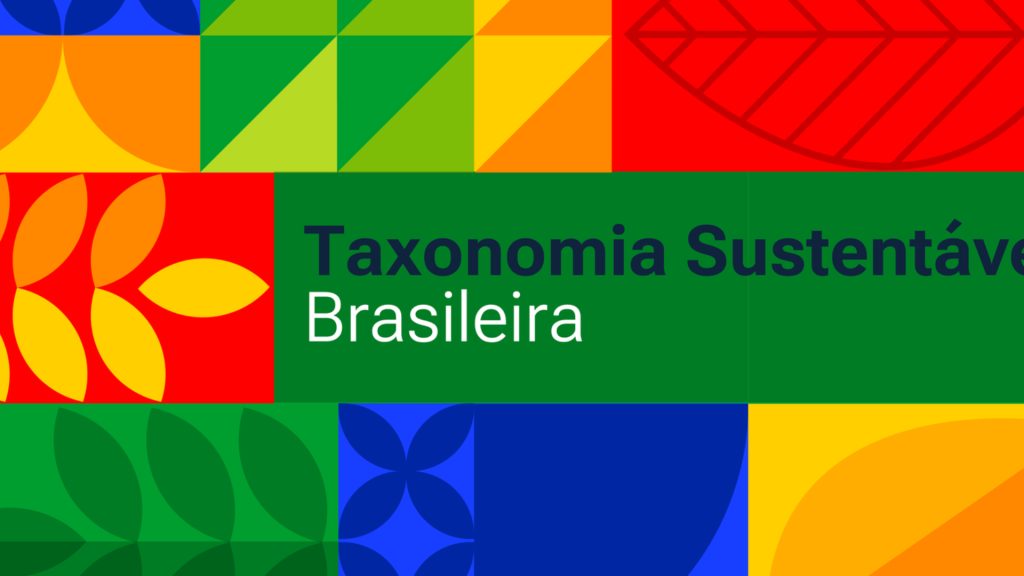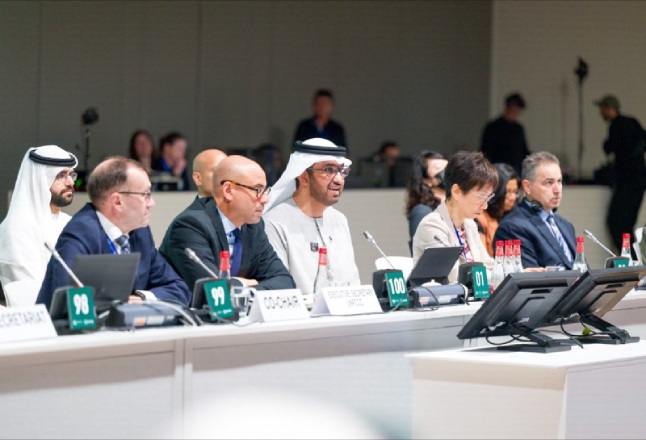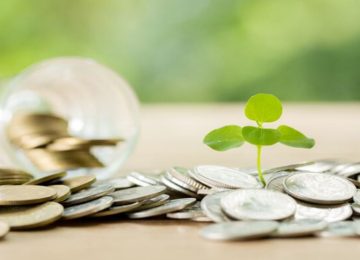Ahead of COP30, Brazil is ready to establish its own sustainable taxonomy, a new framework defining the criteria for classifying projects as truly sustainable.
Pushing for a global “super-taxonomy”
Brazil arrives at COP30 with a major international proposal. The nation is advocating for a global interoperability framework among national taxonomies, which it calls the Super-Taxonomy.
This mechanism would allow investors worldwide to easily compare sustainability levels across different countries. It would achieve this by using universal standards while respecting national sovereignty and priorities. The primary goal is to facilitate transparent financing flows across borders. To ensure fairness, Brazil advocates for strong international safeguards, particularly for human rights and biodiversity.
The taxonomy uses technical and scientific criteria to determine which projects or assets qualify as sustainable. The framework covers crucial areas, including climate mitigation, adaptation, and social goals, which specifically encompass gender and racial equity. Although the taxonomy will be enacted soon by a presidential decree, its adoption of these new standards will remain voluntary.
The move is aimed at positioning Brazil as a global leader in the low-carbon economy, as the resulting Brazilian Sustainable Taxonomy (BST) will effectively function as a sustainability dictionary.
Fighting greenwashing, attracting capital:
This sustainable taxonomy framework aims to bring greater security and confidence to green investments. It serves as a powerful tool to prevent misleading practices such as greenwashing. By clearly defining sustainability standards, the BST holds immense transformative potential.
Cristina Reis, Undersecretary, Sustainable Finance, noted the measure’s broad reach. She said it will guide financial product labeling and influence tax benefits and public procurement processes. Reis said, “We hope it will be a beacon to attract investment, driving capital toward sustainable ventures.”
To meet the taxonomy’s criteria, companies will need to adopt cleaner, low-carbon technologies. They must also actively promote racial and gender equity throughout their operations. This shift is expected to create a virtuous cycle of innovation, development, and social inclusion.
The taxonomy is an important part of COP30’s Global Action Agenda. Brazil hopes the topic will be included in negotiations for Article 2.1(c) of the Paris Agreement, which addresses climate finance.













